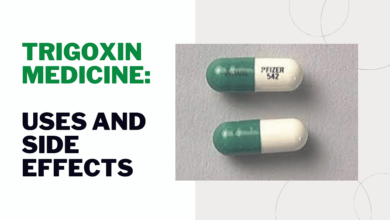Hormones play a vital role in the medical process of IVF (in vitro fertilization), affecting various aspects of the reproductive system as well as in the surrogacy procedure. Here are some of the main hormones that influence:
- First of all, it is follicle-stimulating hormone (FSH), which stimulates the growth of follicle cells in the ovaries. During the IVF process, FSH is used to stimulate ovarian function to produce more mature eggs.
- Luteinizing hormone (LH) plays a role in stimulating ovulation. During the IVF process, LH is used to precisely control the timing of ovulation so that eggs can be collected at the optimal time.
- Estrogens play a vital, key role in preparing endometrial tissue (this is the inner lining of the uterus) to receive an embryo. They help create a favorable environment for embryo implantation.
- Progesterone is extremely important for maintaining pregnancy. During IVF, progesterone is used to maintain the level of this hormone in the female body after embryo transfer.
Now let’s turn to the question of how the day of the cycle affects the success of IVF. The day of your cycle when IVF is performed can have an impact on the success of the procedure. Typically, IVF is performed during a specific phase of the cycle, called the stimulation phase. During this time, the female reproductive glands are stimulated by hormones to produce more mature female eggs.
The optimal time for IVF depends on each individual case and may vary depending on medical recommendations and clinic protocols. Typically, doctors determine the optimal time for IVF based on the results of ultrasound monitoring and measurement of hormone levels in the blood.
Finally, there are some medical conditions for which IVF may be contraindicated. Some of them include:
- Severe ovarian dysfunction: When a woman has severe ovarian dysfunction, IVF may be less successful or may not be possible at all.
- Uterine pathology: observed in a woman when there are certain pathologies of the uterus, such as fibroids or polyps, this can make it difficult for the embryo to implant or affect the success of the IVF procedure.
- Age and general health: The success of IVF depends on the age and general biological health of the woman. Therefore, the chances of a successful pregnancy for women over 35 years of age after IVF may be lower.
- Genetic disorders: One of the parents has a known genetic disorder, this may affect the success of IVF and possibly the risk of passing on hereditary diseases to the offspring.
It should be noted that only a certified medical specialist can correctly assess a specific case, conduct a complete diagnosis and give the correct conclusion regarding the ART method. Will it be IVF or surrogacy? This is where it is important to consult with medical professionals and discuss your specific situation in order to receive the most accurate information and recommendations.





